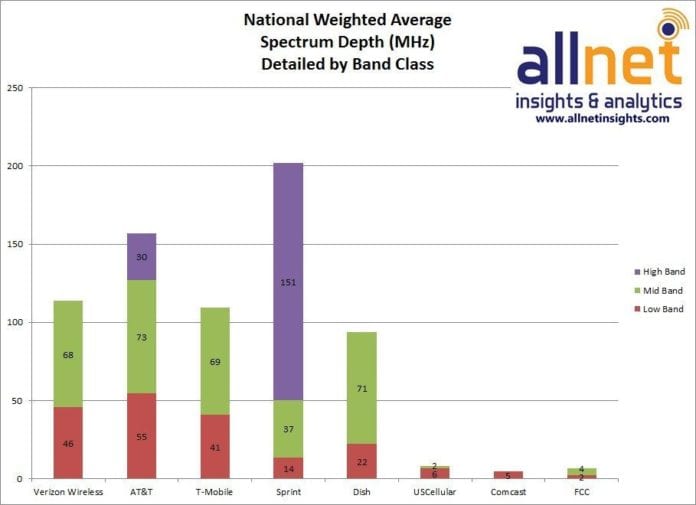Korean telecommunications firm KT announced plans to launch an advanced smart factory solution based on its 5G network in the third quarter of the year, Korean press reported.
The Asian carrier said the main aim of the initiative is to raise productivity at local factories.
The smart factory solution, dubbed ‘FactoryMakers,’ was developed in partnership with local manufacturers and IT solutions providers, the telco said. The solution features artificial intelligence (AI), big data, cloud and security technologies.
The telco launched 5G technology for enterprises in December last year. Since then, KT has been developing business-to-business services to expand use cases of its 5G network.
KT also said that its enterprise-focused 5G network features strong security measures against cyber hacking attempts and provides tailored solutions for the manufacturing sector.
Korean holding Hyundai Heavy Industries Group, which extensively uses robots in its shipbuilding process, said it will integrate KT’s 5G network with its robotics system.
KT said its smart factory solution will detect robots’ abnormal activities and reduce their error rates.
KT’s efforts in the smart manufacturing sector are part of a government’s plan to expand smart factories to upgrade the nation’s current manufacturing industry. The government’s goal is to create 30,000 smart factories and 10 industrial zones by 2022.
KT ended April with a total of 100,000 subscribers in the 5G segment. The telco launched the service the first days of April with a total of 37,500 base stations. The carrier also said that its 5G commercial offering will be available in 85 major cities nationwide by the end of 2019.
Rival carriers LG Uplus and SK Telecom had also kicked off commercial 5G services at the beginning of April.
According to previously reported information from government officials, the deployment of nationwide 5G networks will be fully completed in 2022 or 2023.
The three Korean carriers launched limited 5G commercial services in December 2018 as part of an agreement with the ICT ministry to launch simultaneously to avoid excessive competition. The three mobile carriers initially launched the 5G service in limited areas in Seoul.
In June 2018, South Korea completed a tender process through which it awarded spectrum in both the 3.5 GHz and 28 GHz bands. The government made available a total of 280 megahertz in the 3.5 GHz spectrum band and 2,400 megahertz in the 28 GHz band. The spectrum was divided into 28 blocks and 24 blocks.
Participant operators SK Telecom, KT, and LG Uplus had a 10-block cap per spectrum band. The telcos paid a total of KRW 3.6 trillion ($3.3 billion) for the spectrum, 340 billion won higher than the starting price of 3.3 trillion won.
The 3.5 GHz band licenses cover a ten-year period and the 28 GHz band licenses a five-year term.

